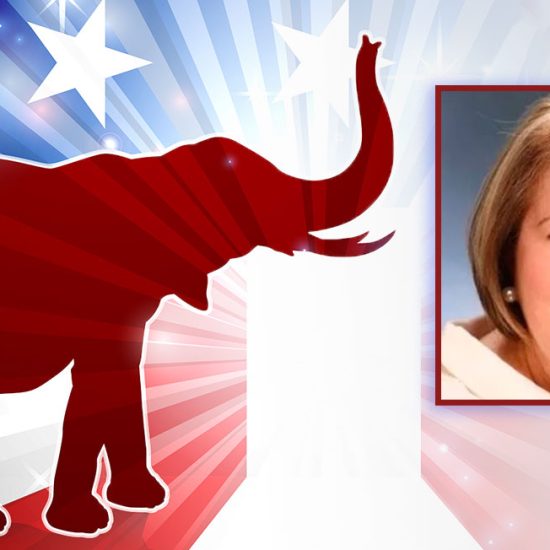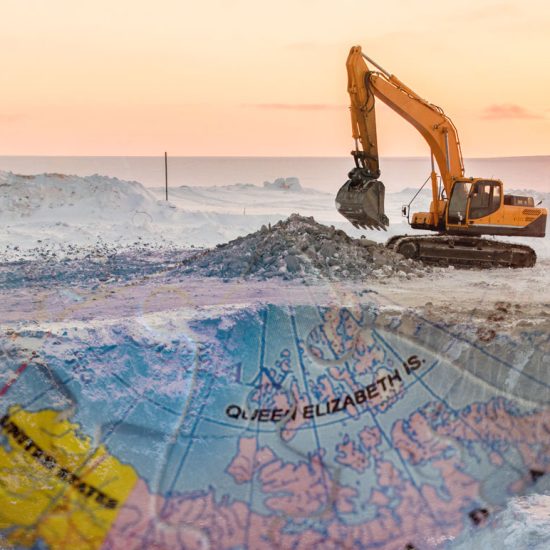Paul Jenkins ~ Golly, it must be spring in the Frozen North. Trees are beginning to bud. Lake-size puddles and axle-snapping pot holes appear overnight. There are signs popping up in front of houses, too. Yard sale signs. Political signs. And possibly coming soon in a neighborhood near too many of us: a forest of new “For Sale” signs.
As Alaska and its major industry — the one that pays 90 percent of the state’s bills and underpins half the economy — reel from the worldwide oil price free-fall, the specter of Alaska’s mid-1980s crunch looms. It, too, was triggered by nosediving oil prices.
The crash wrecked the real estate market, shuttered banks and triggered economic upheaval. People walked away from their homes. You could buy a barrel of oil for less than you would pay for a sockeye salmon. The only thing harder to find than gold was a U-Haul trailer. The debacle remains fresh in many minds and there is, understandably among many who were in Alaska then, an urge to panic now. Justified? Maybe; maybe not.
Some are champing at the bit to fix today’s mess immediately. Right now, not next year. They pretend it could be done in a vacuum, without all the moving parts coming undone and pinballing through the economy. Ron Duncan, GCI’s president and CEO, has organized “Alaska’s Future” to push for quickly plugging Permanent Fund earnings into the fiscal equation.
The group has deployed a few of the nation’s most savvy lobbyists to “empower’ lawmakers to do the right thing. Gov. Bill Walker anted up $100,000 to hire lobbyists, too, to push his Alaska Permanent Fund Protection Act that would forever change the Permanent Fund dividend — likely shrinking it — and revamping how Alaska funds government.
If the fiscal mess is not cleaned up right now, proponents of using the fund say, investment, jobs and the state’s credit rating will head south.
What to do? It is unlikely lawmakers in Juneau will unearth cookie jars full of cash, and it is painfully clear many have no stomach for budget-cutting. The House Finance Committee pared only $168 million more than the $100 million Gov. Bill Walker wanted to trim — from a nearly $5 billion operating budget.
Gunnar Knapp is director and a professor of economics at the University of Alaska Anchorage’s Institute of Social and Economic Research. He, with Matt Berman and Mouhcine Guettabi, authored “Economic Impacts of Alaska Fiscal Options, Overview of Draft Conclusions.” It looks at some of the pieces of the pie.
It examines the effects of various options in dealing with Alaska’s red ink, from the economic contributions of non-residents and the federal government, to taxes, to saving less, the only option without short-term economic effect. It examines who such cuts would most affect. It even has charts.
It does not look at “oil taxes, oil tax credits, cuts to specific programs, how the state delivers services, K-12 education, University of Alaska, Medicaid, etc., ‘re-plumbing’ of state finances.” I wondered whether that weakened the study.
“We didn’t deal with those very important questions because they are much more difficult and complicated questions which we we didn’t have time (available staff time), funding or (in some cases) the necessary expertise to deal with,” Knapp answered in an email.
“I wouldn’t say that not addressing those questions ‘weakens the study’s conclusions,’ he wrote. “I think the study’s conclusions provide useful perspectives about some of the potential economic impacts of different fiscal options. But another important study ‘conclusion’ is that there are many other questions that we didn’t study which are very important in thinking about the state’s fiscal options.”
The effort’s conclusions are simple common sense to me. Among them:
• “We can’t avoid major economic impacts of adjusting to lower oil revenues;
• “We will have to make these adjustments and experience these impacts soon;
• “Fully closing the deficit in one year would have a major impact on an already weakened economy;
“But not making significant progress on closing the deficit would also have major negative impacts.”
The study calls for “significant” progress this year: major reductions in the $3.8 billion budget deficit; consensus on a plan; and, “showing that we can and will achieve sustainable, stable and predictable state spending and revenues.”
That is a tall order, but taking a little time simply makes sense. Lawmakers need to get the fix right. If they cut spending, use a one-time withdrawal from Permanent Fund earnings to make ends meet for the year, and begin looking hard at taxes and plans to fix the mess, we can move toward the light at the end of the tunnel and save Alaska’s credit rating.
Doing nothing, or panicking, will only cause our new forest to grow.
Paul Jenkins is editor of AnchorageDailyPlanet.com











